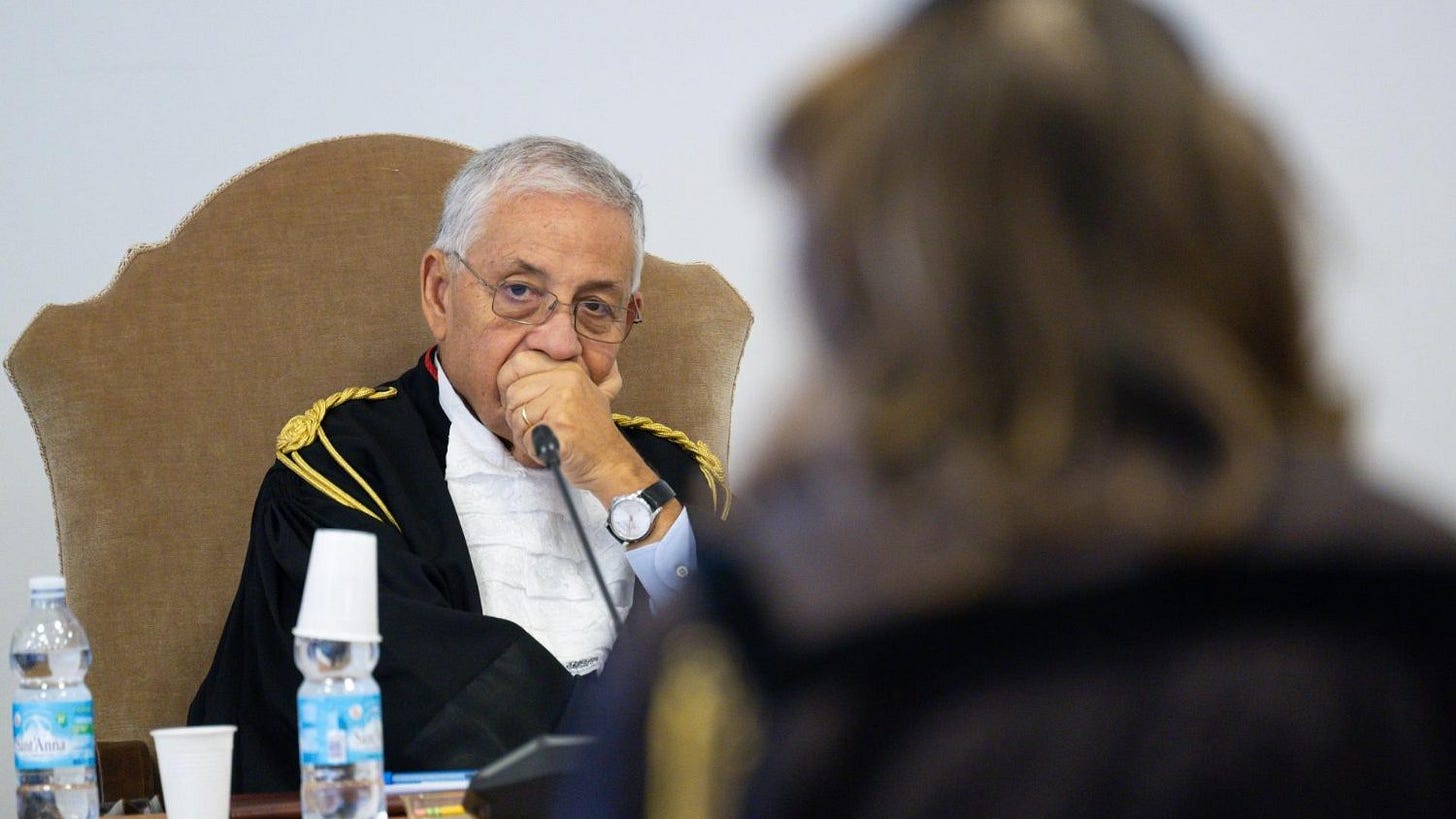Is the Vatican financial trial really nearly over?
The judges have promised a speedy verdict, but that may just be the beginning
Judges in Vatican City announced this month that they expect to deliver a verdict in the sprawling financial crimes trial by the middle of December.
Chief Judge Giuseppe Pignatone said during a hearing this month that the case’s panel of judges expects to rule on the case on or around December 16.

